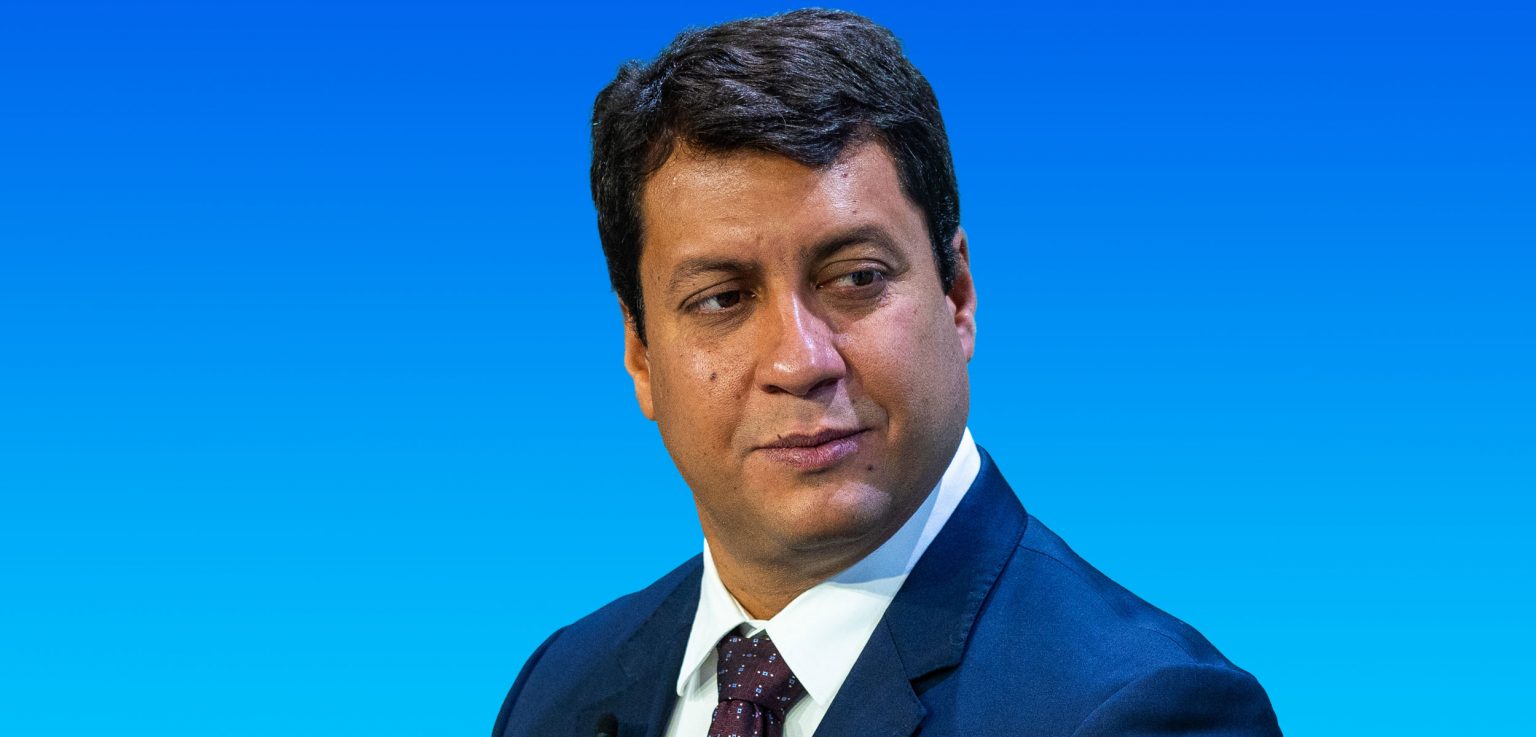Dutch e-commerce investor Prosus, which is controlled by South African-listed Naspers, plans to invest in artificial intelligence across its businesses, CEO Fabricio Bloisi said, as he seeks to double the company’s value.
The Euronext-listed technology firm, worth R1.7-trillion, has more than two billion customers across the world, and is looking for companies to leverage its reach and use AI to harness the next stage of e-commerce, Bloisi said in an interview.
“We are going to reimagine e-commerce through AI and I am confident that Prosus will contribute quite a lot in emerging market services,” he said.
In July, Prosus and its controlling shareholder Naspers offered Bloisi a moonshot pay package in which he could earn US$100-million if he doubles Prosus’s market value by 30 June 2028.
Bloisi is contending with the legacy of a complicated business structure that stumped his predecessor Bob van Dijk. The group’s investment in Chinese tech giant Tencent Holdings has distorted Prosus’s stock price and has created a gap between the value of the stake and the rest of the group’s businesses.
“My goal is to also make Prosus a more balanced company, and to make the rest of our portfolio as big as our participation in Tencent,” said Bloisi.
Earnings
To close the value gap, the group has been selling down the approximately one-quarter stake it holds of the Chinese firm and buying back its own shares. Prosus has made a profitability push among its other companies and sold some of its businesses that were losing money.
Last month, Prosus sold its stake in China’s Trip.com and South African online fashion retailer Superbalist. The firm also has an agreement to sell its Romanian food delivery company, Tazz.
Read: Naspers warns against over-eager South African regulators
The shift will lead to a surge in adjusted earnings before interest and taxes to $400-million in the 12 months ending in March, Bloisi said in a statement on Monday marking his first 100 days as CEO. That compares to $38-million a year earlier. — Anna Edwards and Loni Prinsloo, (c) 2024 Bloomberg LP





